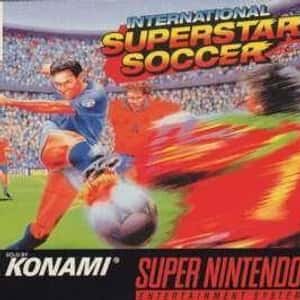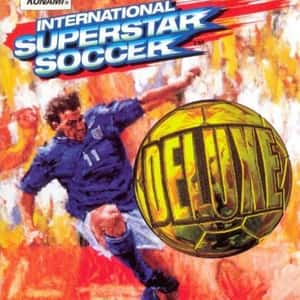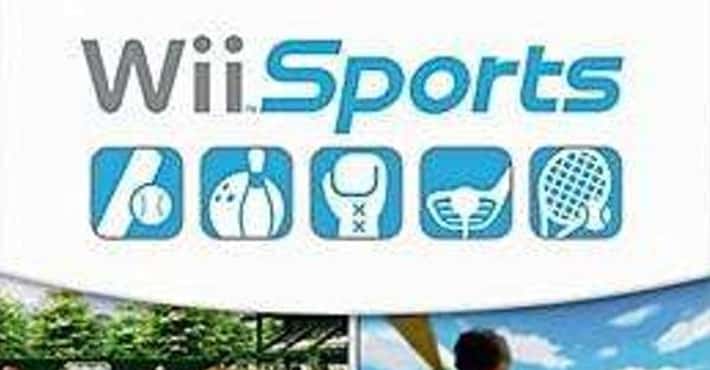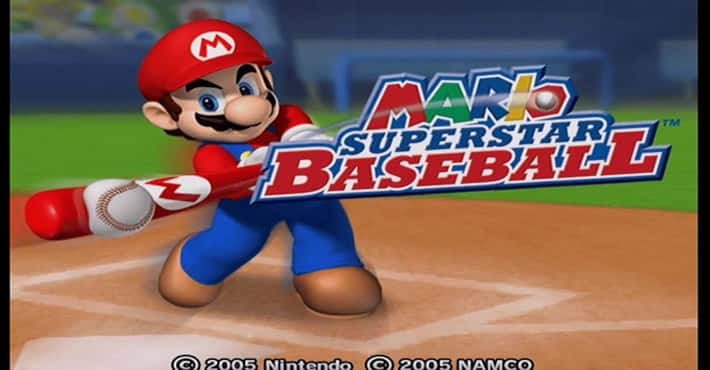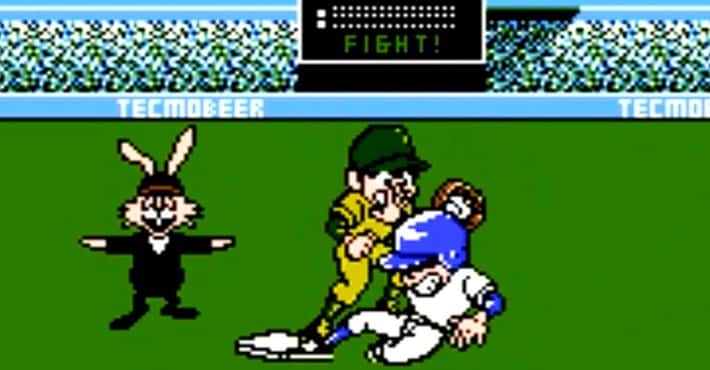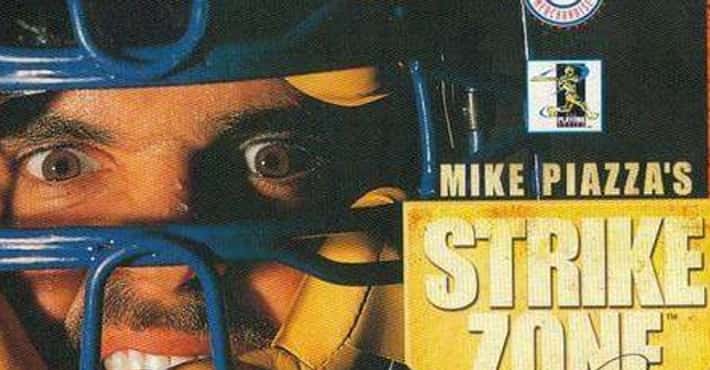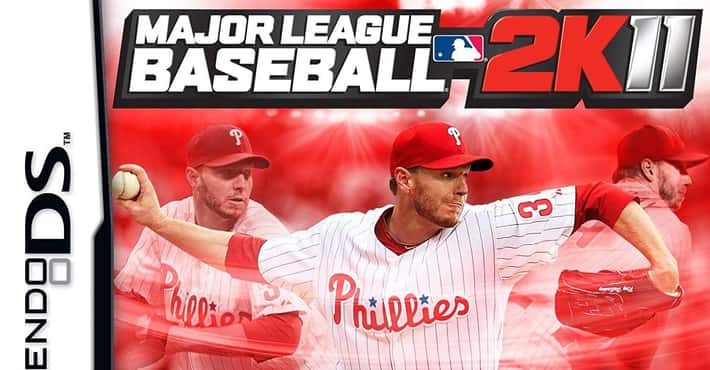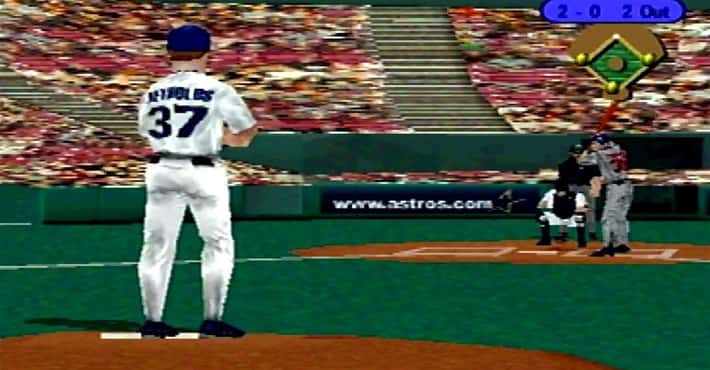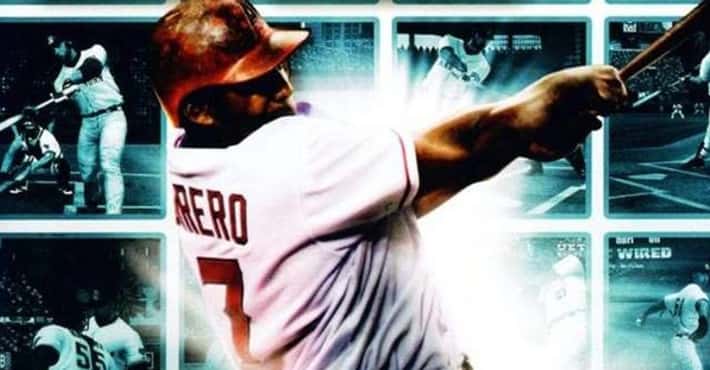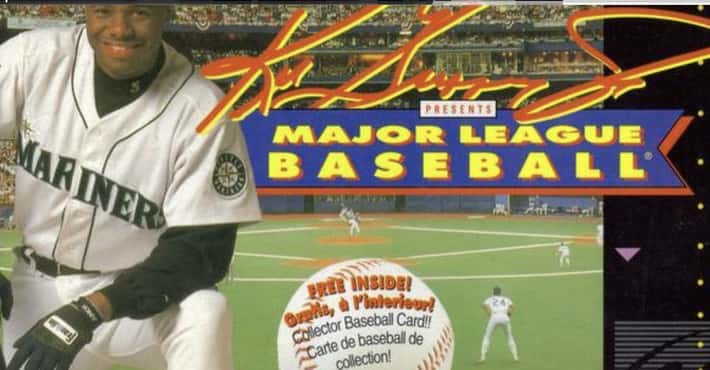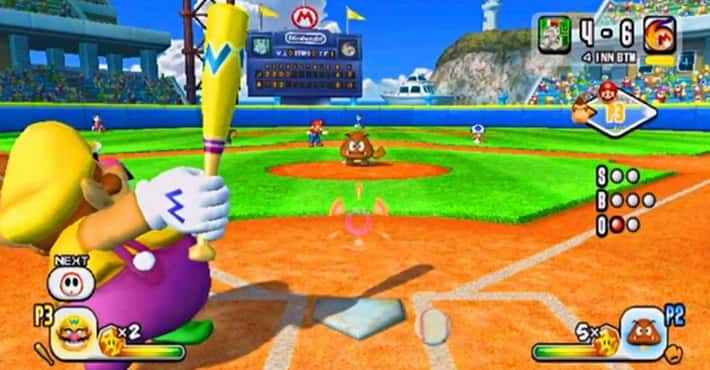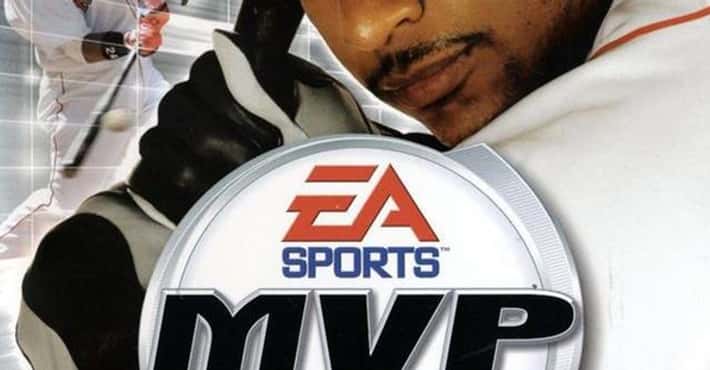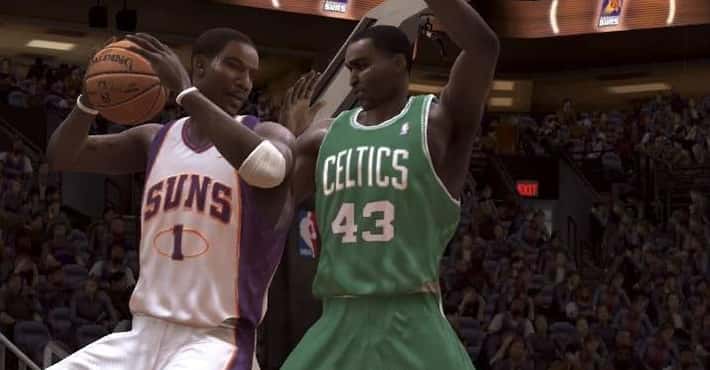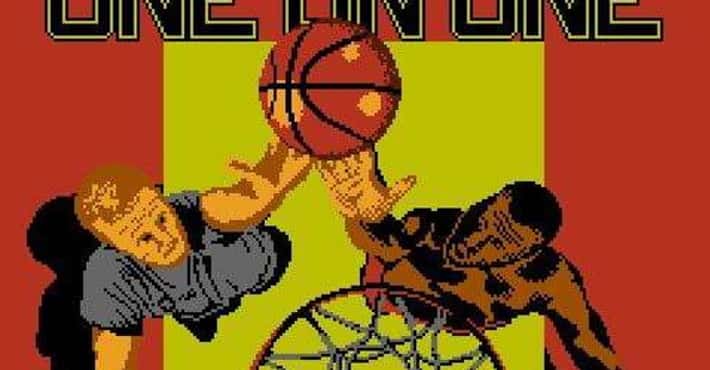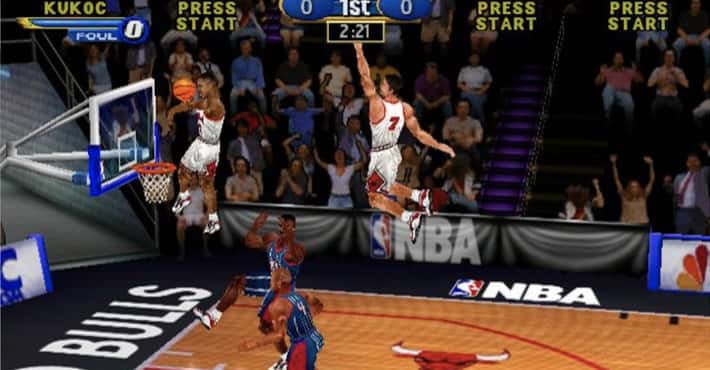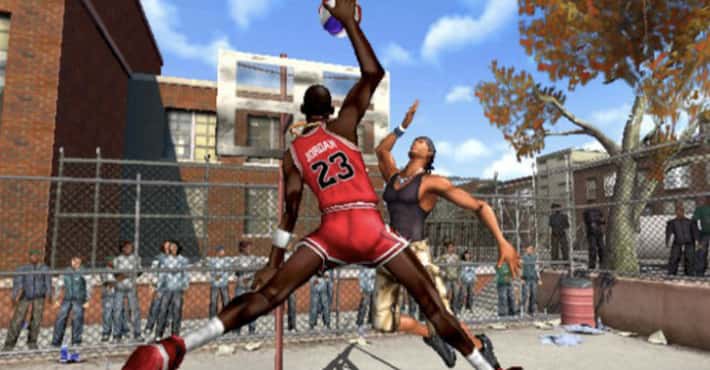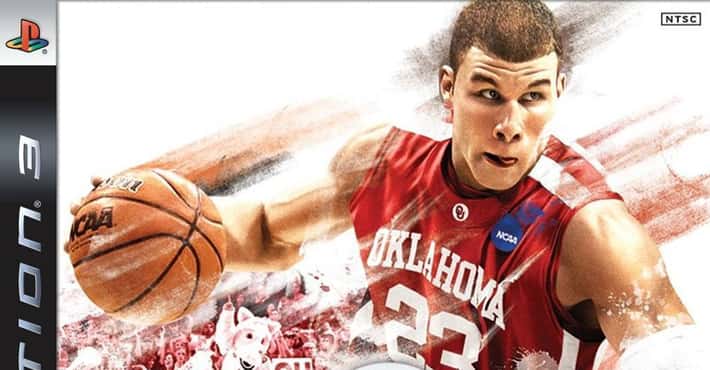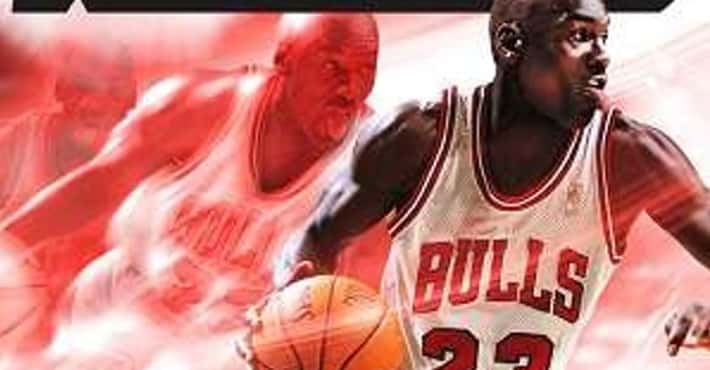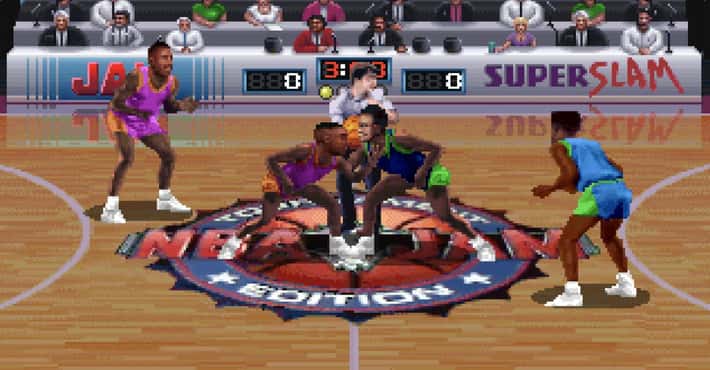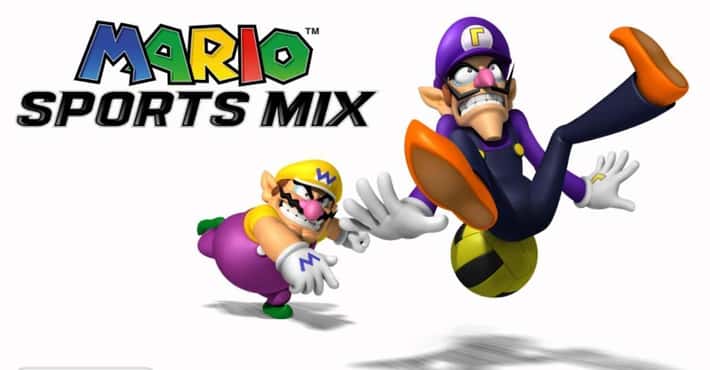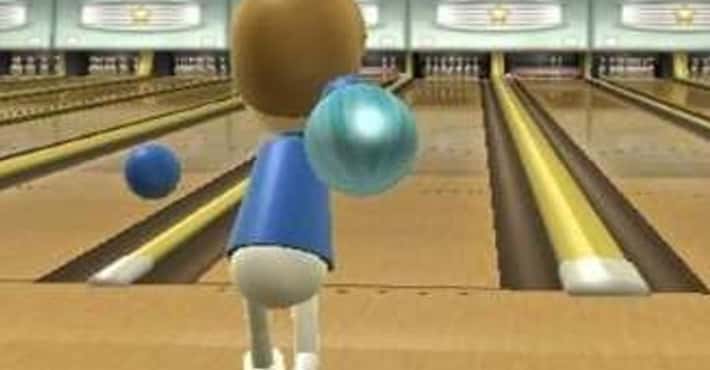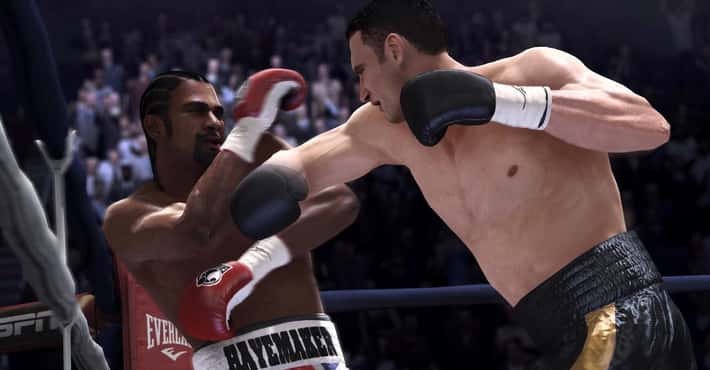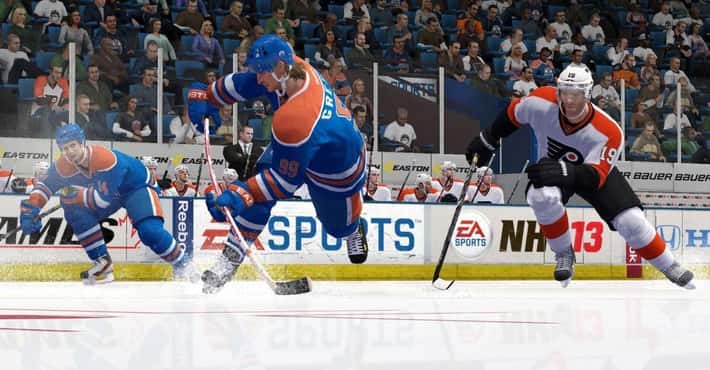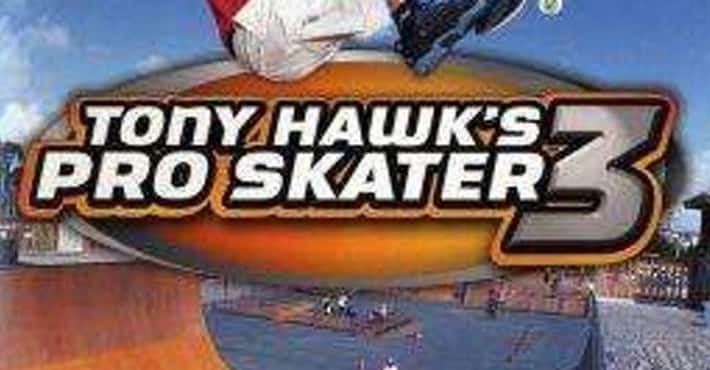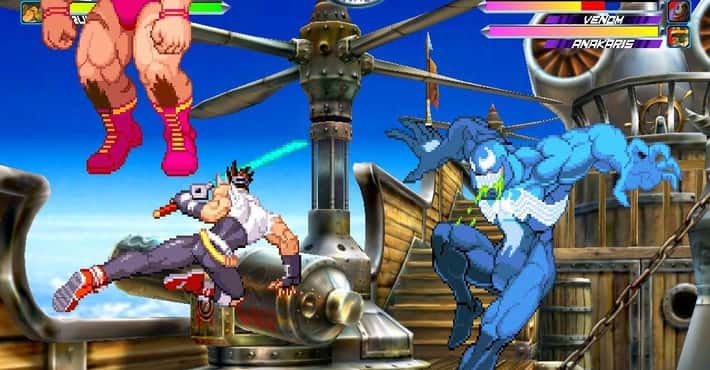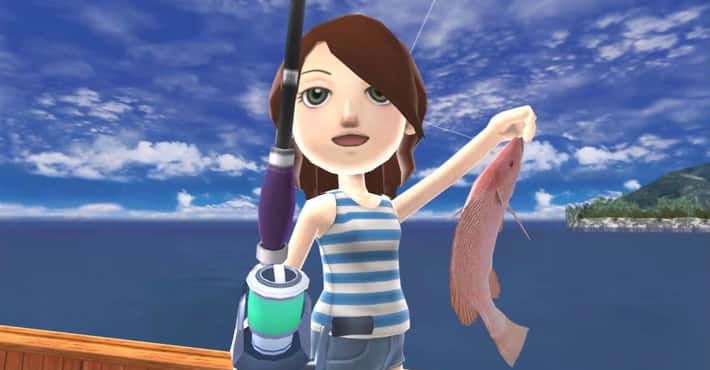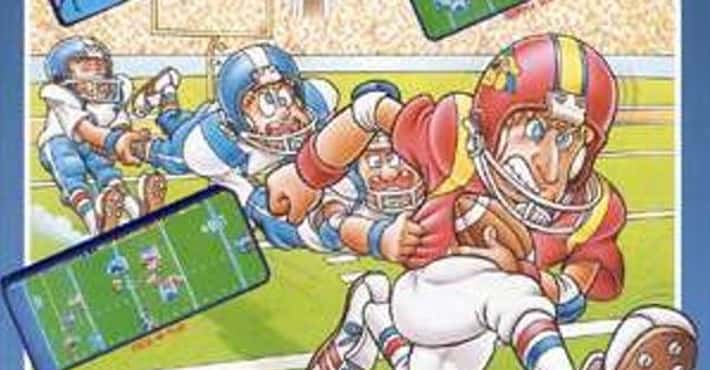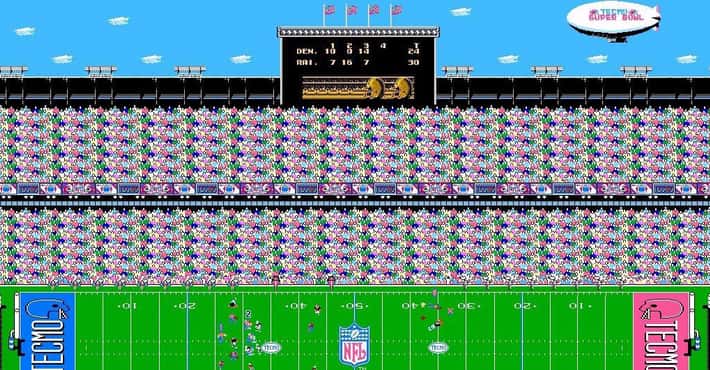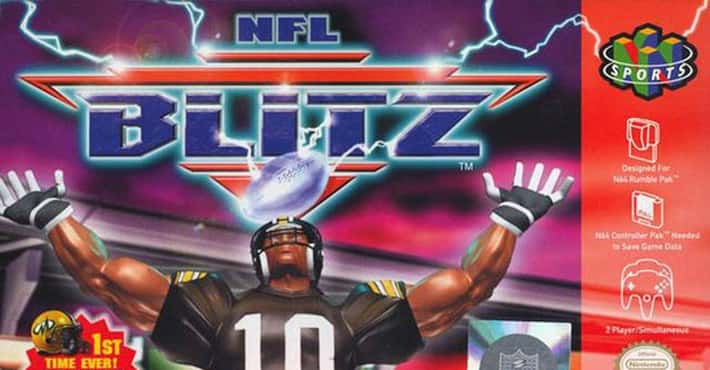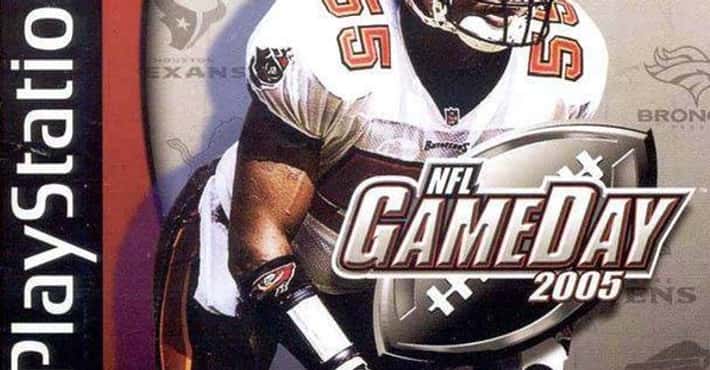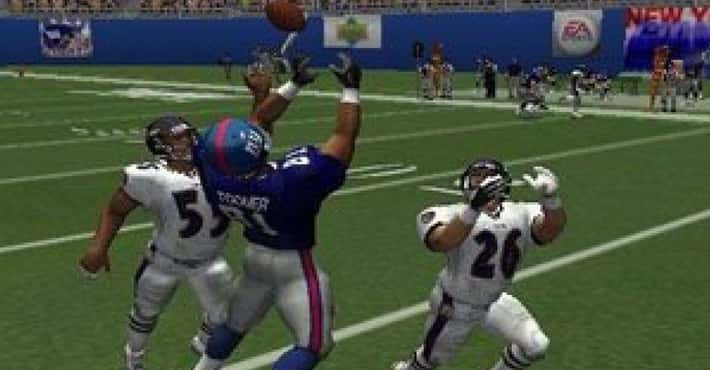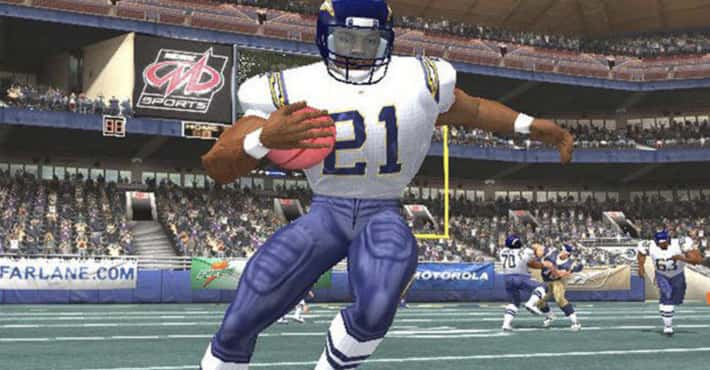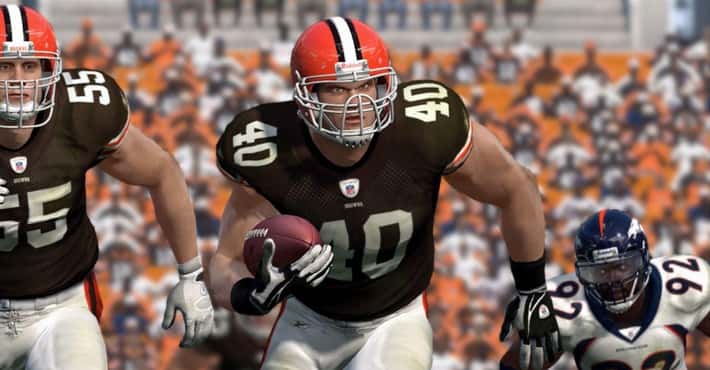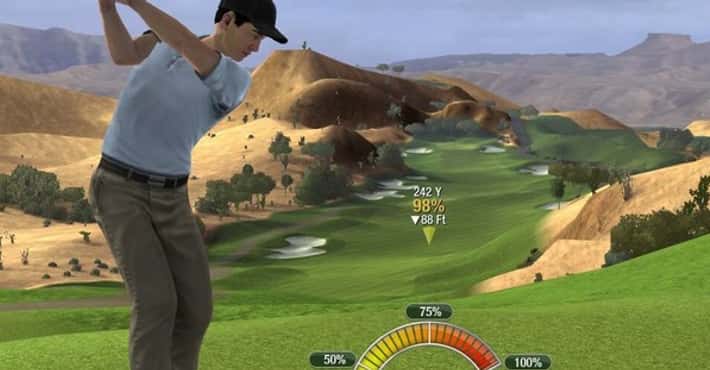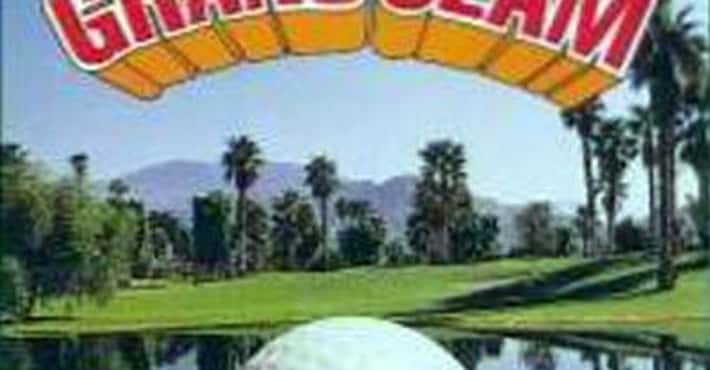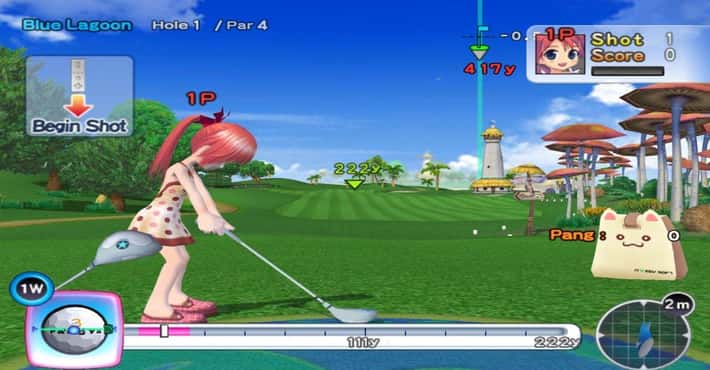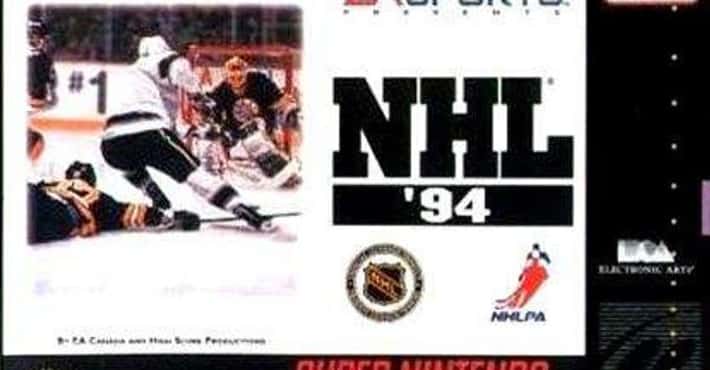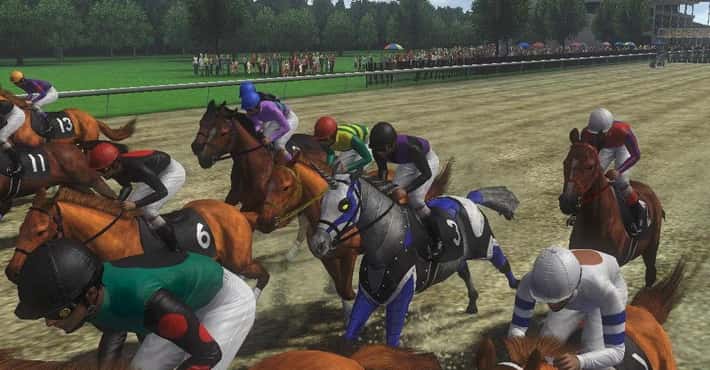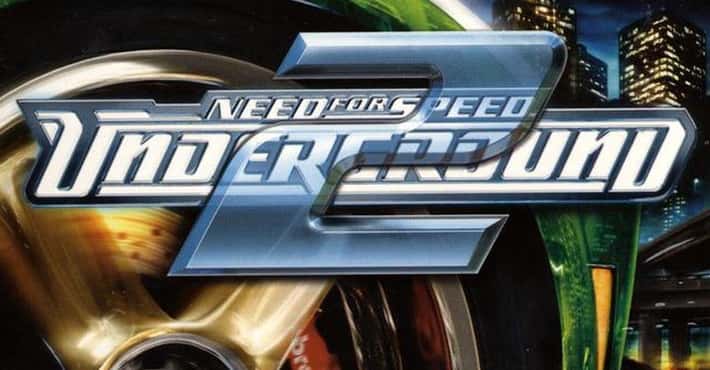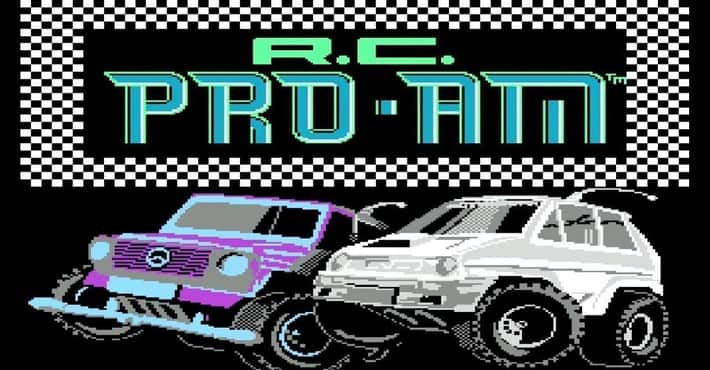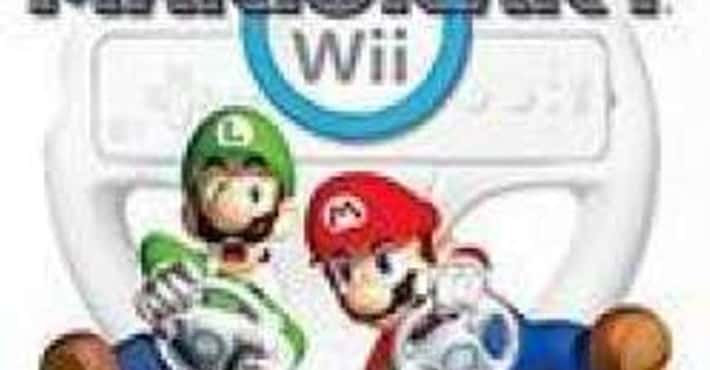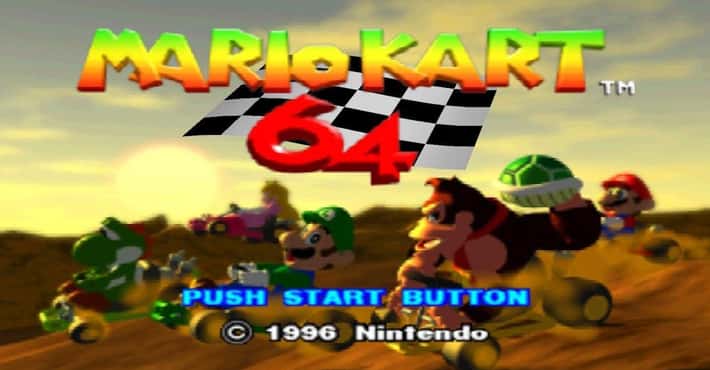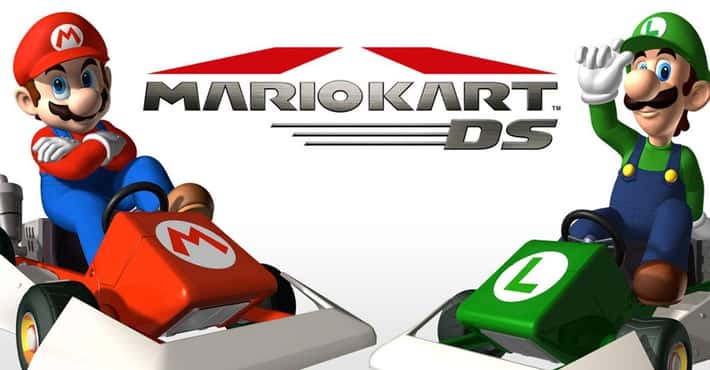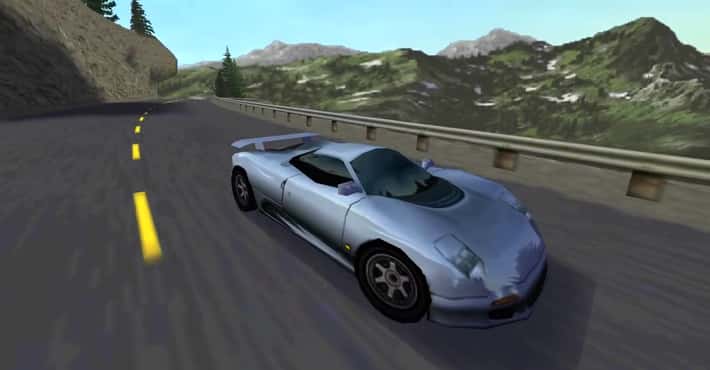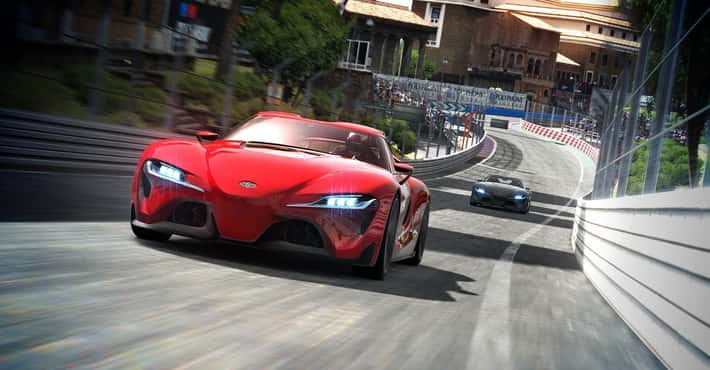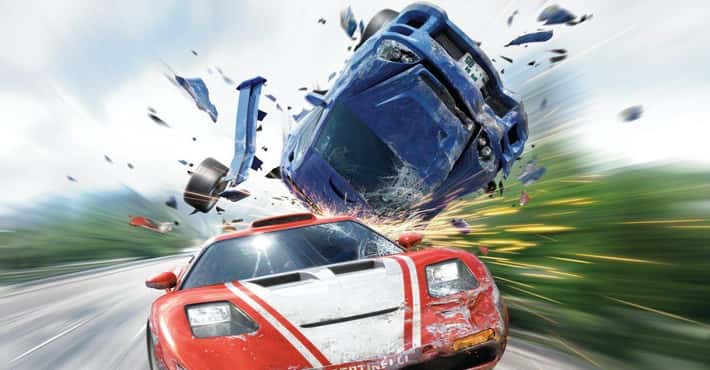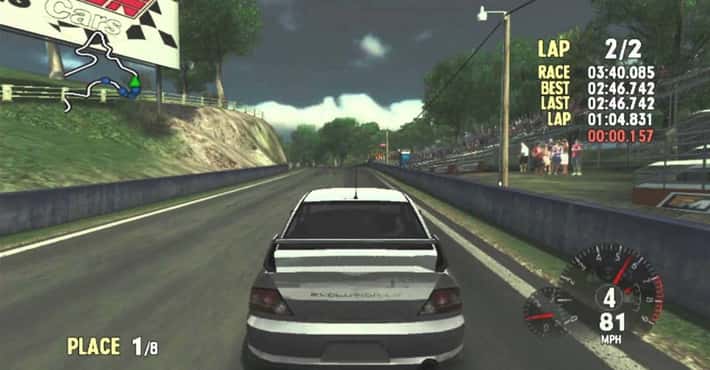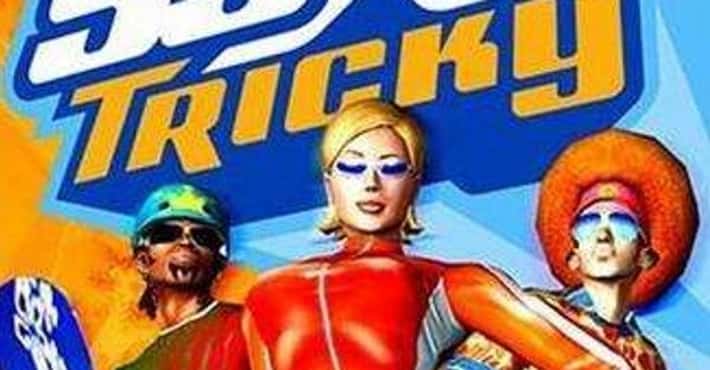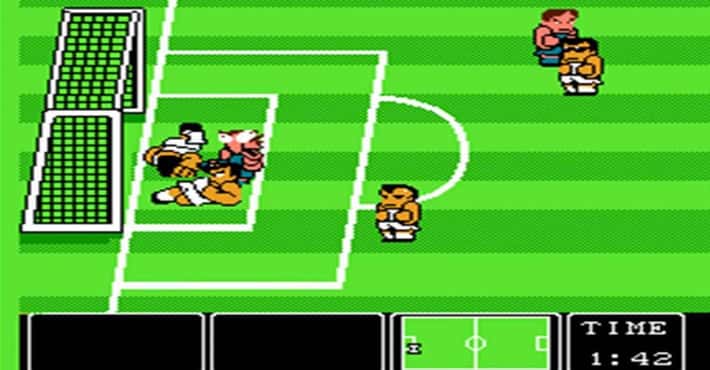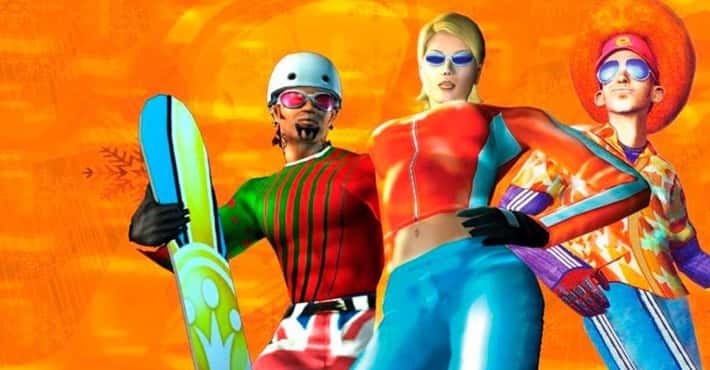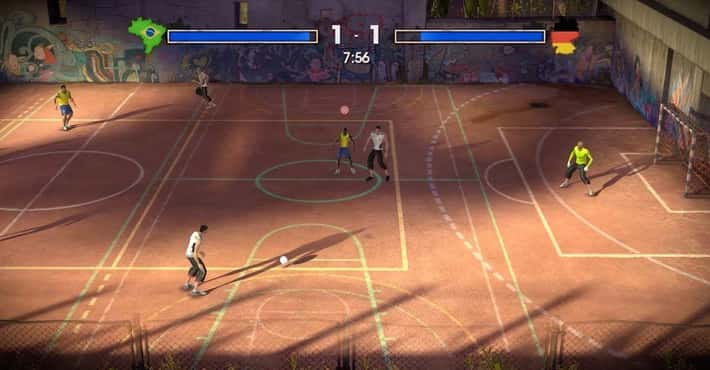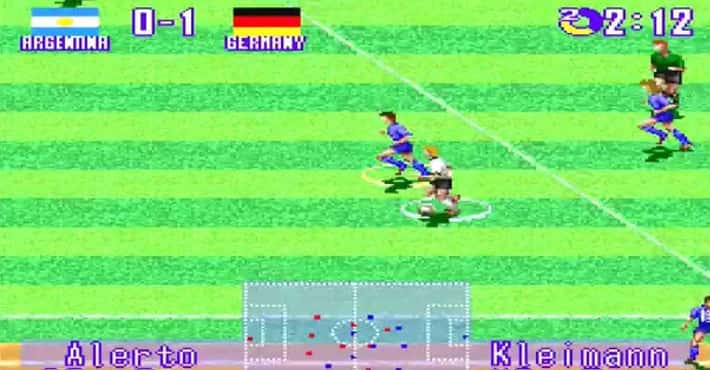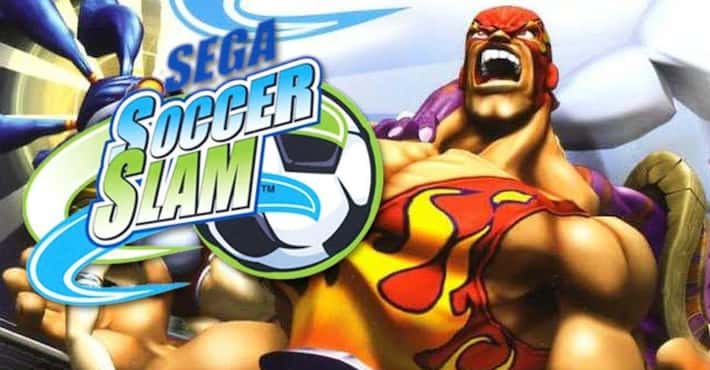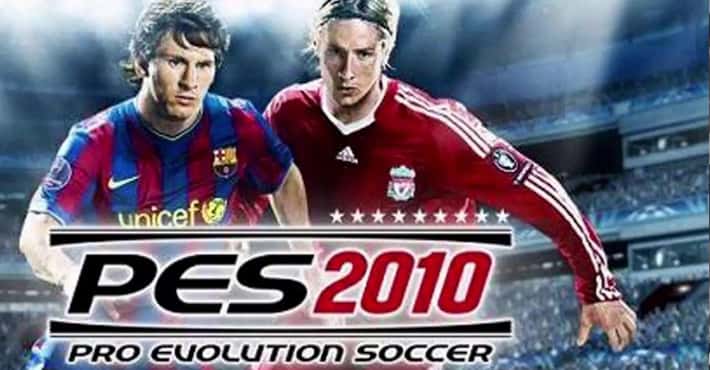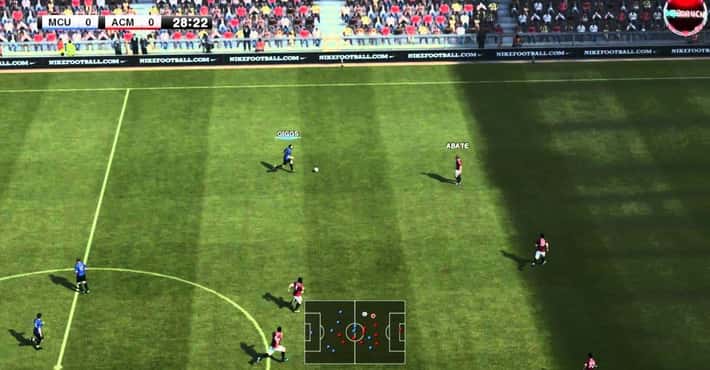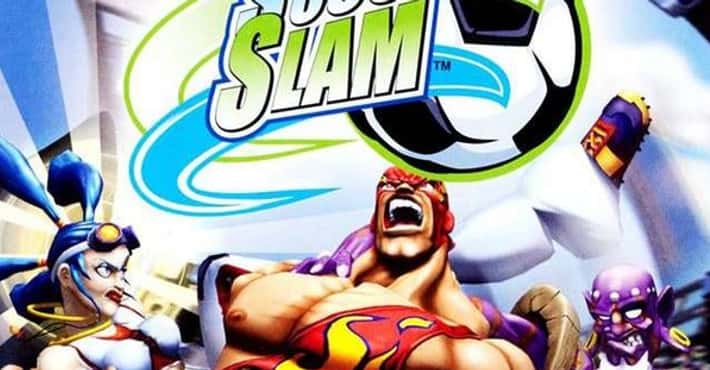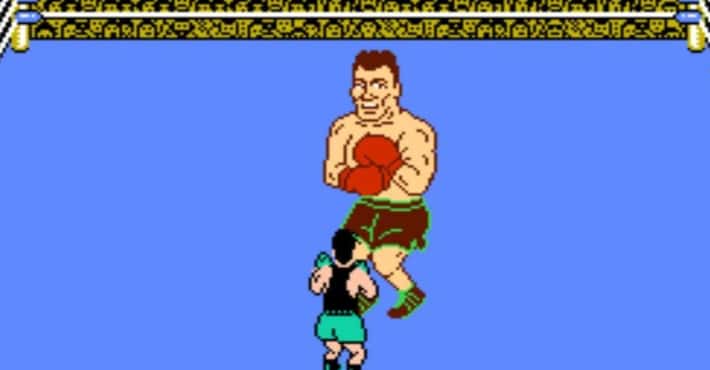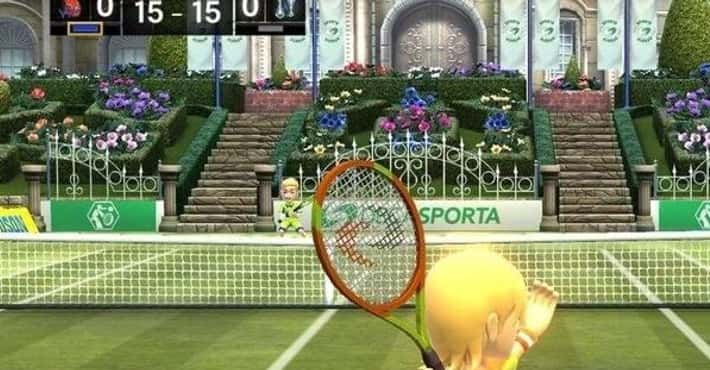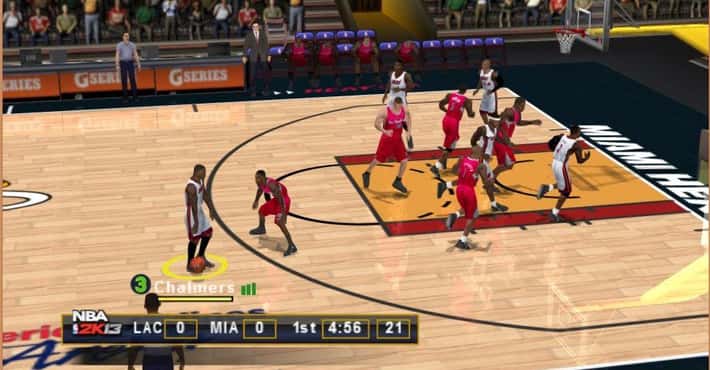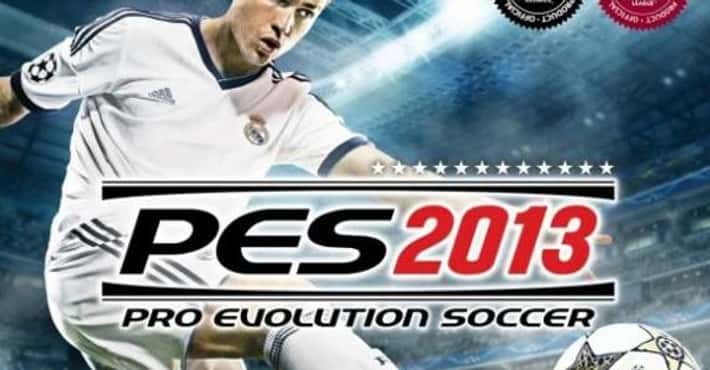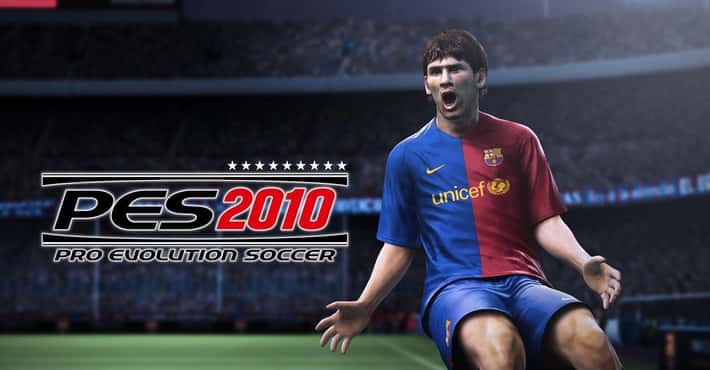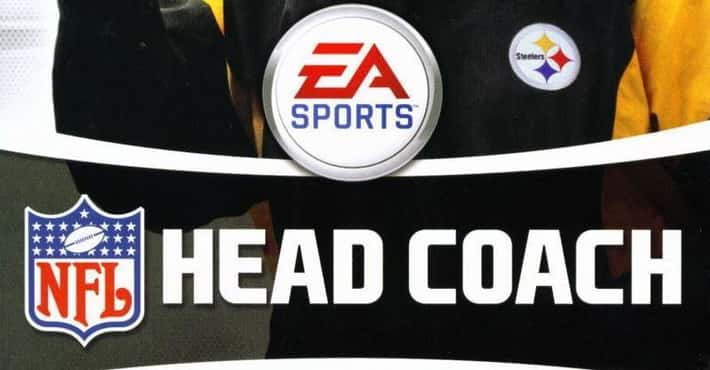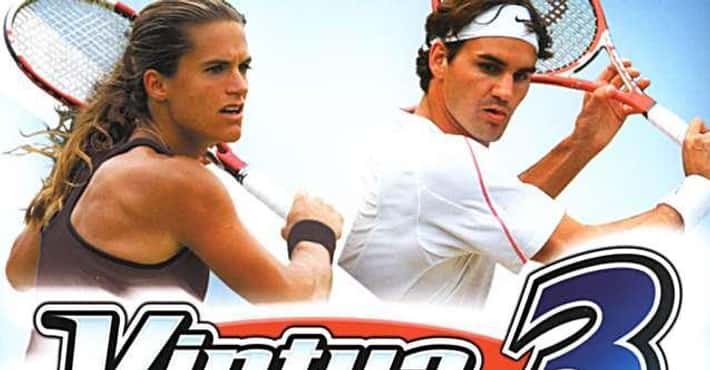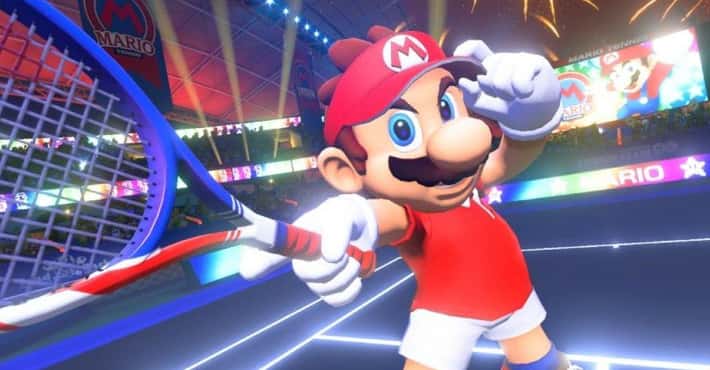List of Konami Sports Games
List of popular sports games developed by Konami, listed alphabetically with cover photos art available. These famous sports games were all developed by Konami, so if you're a fan of the company you might recognize many of these titles. This list of fun Konami sports games can be filtered for specific information, such as what year the game came out and who the publisher is. Looking for a list of fun to play Konami sports games? Well this is the perfect resource for exactly that.
List games include Mario Kart 64, Metal Gear Solid and more.
This list answers the questions, “What sports games has Konami made?” and "What are the best Konami sports games?"- Aug 01 2006Atsumare! Power Pro Kun no DS Koushien is an role-playing video game baseball game for the Nintendo DS. It is developed by Power Pros Production, the development-unit from Konami developing the Jikkyō Powerful Pro Yakyū series and Power Pro Kun Pocket series, and it is treated as the sequel of Power Pocket Koushien. Players take control of high school baseball team in Japan, either as a player on the team or as a manager, and attempt to lead that team to the National High School Baseball Championship at Koshien Stadium. While adding the Wi-Fi versus mode, most of the feature from the presequel, including voice commentary, are kept. It is not treated as a title from the Jikkyō Powerful Pro Yakyū series nor the Power Pro Kun Pocket series, even its presequel was a Power Pro Kun Pocket series entry. Note: Currently Konami has removed the Power Pocket Koushien from Power Pro Kun Pocket series entry, as having no connection of the Power Pro Kun Pocket series' storyline.
- Jun 01 1991Cyber Stadium Series: Base Wars is a futuristically-themed sports game, released for the Nintendo Entertainment System on June 1, 1991. Set in the 24th century wherein baseball team owners have grown tired of paying outrageous player salaries, they decide to replace their rosters with cyborg robots.
- Dec 23 1988Blades of Steel, later released in Japan as Konamic Ice Hockey, is an ice hockey video game released by Konami for North American arcades in 1987, and ported to the Family Computer Disk System and Nintendo Entertainment System in 1988. All teams are fictional but based out of real Canadian and American cities. The game is known for its fast paced hockey action and especially for the fighting. It is a one or two player game. When playing against the computer, there are three difficulty levels to choose from: Junior, College, and Pro. Each team consists of three forwards, two defencemen, and a goaltender. The NES version was re-released on Nintendo's Virtual Console service on December 24, 2007. The arcade version was re-released on Microsoft's Game Room service on November 24, 2010.
- Jan 01 1996Bottom of the 9th is a baseball game by Konami for the Sega Saturn, PlayStation and the Nintendo 64. It is a heavily updated version of Konami's 1989 arcade game Bottom of the Ninth. It was originally released for the Sega Saturn.
- Jan 01 1986
- Sep 12 2002Captain Tsubasa (Japanese: キャプテン翼, Hepburn: Kyaputen Tsubasa) is a Japanese manga series, originally created by Yōichi Takahashi in 1981. The series mainly revolves around the sport of association football focusing on Tsubasa Oozora. The series is characterized by dynamic and exciting football moves, often stylish and implausible. The plot focuses on Tsubasa's relationship with his friends, rivalry with his opponents, training, competition and the action and outcome of each football match. Across the multiple Captain Tsubasa mangas, the plot shows Tsubasa's and his friends' growth as they face new rivals. Takahashi decided to create Captain Tsubasa inspired by 1978 FIFA World Cup in Argentina. The Captain Tsubasa manga series was originally serialized in Shueisha's Weekly Shōnen Jump comic book magazine between 1981 and 1988, spanning a total of 37 tankōbon volumes. This was followed by numerous sequels. Captain Tsubasa and its sequels have sold over 80 million copies worldwide, making it one of the best-selling manga series. The original Captain Tsubasa manga series was adapted into a TV animation series, produced by Tsuchida Production, whose first season premiered in Japan on the TV Tokyo network between October 10, 1983 and March 27, 1986. Numerous movies and television series have followed with the latest one airing between April 2, 2018 and April 1, 2019. Captain Tsubasa became into one of the most memorable manga and anime worldwide, most notably in Japan due to how it popularized association football. Multiple real life players have been inspired to become professionals after seeing the series. In a poll conducted by TV Asahi in 2005, the Captain Tsubasa anime series ranked 41 in a list of top 100 anime series.
- Jan 15 2003Disney Sports Basketball is a 2002 sports video game released by Konami.
- Dec 06 2002Get ready for hard-hitting tackles and wild touchdowns as Mickey, Goofy, and other Disney characters take to the gridiron. In Disney Sports Football, you'll create a team and compete in four modes: Challenge, Cup, Exhibition, and Practice. You'll have plenty of running and passing plays, offensive and defensive formations, and turbo moves to master, plus magic items to boost your team's performance. In single or multiplayer modes, you'll face a variety of opponents inside fantastic stadiums.
- Sep 09 2002Disney Sports Skateboarding, also known as Disney All Star Sports: Skateboarding in Europe, is a 2002 sports video game released by Konami. The playable characters include Mickey Mouse, Minnie Mouse, Donald Duck, Goofy, Max Goof and Pete.
- Jul 18 2002Disney Sports Soccer, known as Disney Sports Football in Europe, is a 2002 sports video game released by Konami.
Double Dribble
Jan 01 1986Double Dribble, known in Japan as Exciting Basket, was the second basketball arcade game developed and released in 1986 by Konami. It was the second basketball arcade game by Konami, following Super Basketball. Much of the game's popularity came from its animation sequences showing basketball players performing slam dunks, as well as The Star-Spangled Banner theme during attract mode, which was the first arcade game to feature the national anthem. These were uncommon in video games at the time of Double Dribble's release. While successful in the arcades, the game became and remained popular and remembered when it was ported to the Nintendo Entertainment System in 1987. Double Dribble was followed by a sequel titled Double Dribble: The Playoff Edition, which was released in 1994 for the Sega Genesis/Mega Drive. A remake titled Double Dribble Fastbreak was released for iOS in 2010, being based mostly on the NES version; however, the animation sequences were ripped from the arcade version.- Feb 20 2002ESPN International Winter Sports 2002 is a sports video game released in 2002 by Konami.
- Mar 26 2002ESPN MLS ExtraTime 2002, or ESPN MLS ExtraTime, is a sports video game released in 2002 by Konami. It is available for GameCube, Xbox, and PlayStation 2. Clint Mathis is on the cover. The MLS Extratime series ended after just one installment as the MLS officially licensed its players and uniforms to the FIFA series.
- Sep 21 2000ESPN MLS GameNight is a video game of the sports genre released in 2000 by Konami and Saffire Corporation. The game is considered to be an enhanced remake of ISS Pro Evolution, also published by Konami. It is the only MLS game to have been released on the PlayStation. The game also featured the option of choosing either English commentary and Spanish commentary.
- May 02 2002ESPN NBA 2Night 2002 is a video game developed by Konami and released for the Xbox, PlayStation 2, and Game Boy Advance.
- Nov 13 2002Evolution Skateboarding is a 2002 skateboarding video game released by Konami for the PlayStation 2 and GameCube. It consists of several popular skateboarders, such as Rick McCrank, Arto Saari, Kerry Getz, and Danny Way. There is also a create-a-skater feature and an unlockable character for every skater the player completes the game as. There are also sets of level specific songs such as the metal-remix of the Metal Gear Solid theme and a Castlevania theme after unlocking the Vampire Hunter. Levels are unlocked by beating a certain amount of objectives in a current level, such as collecting items like boots and other objects, performing tricks in certain areas of a level, and the occasional grinding a certain amount of meters. The Evolution Skateboarding engine was used in the bonus skateboarding mode included in the PlayStation 2 version of Metal Gear Solid 2: Substance.
- Feb 26 2003Evolution Snowboarding is a sports video game first released on February 25, 2002 for the Nintendo Gamecube. It was later released on November 26 for the PlayStation 2. The game was both developed and published by Japanese game company Konami. The game takes a new perspective on the snowboarding genre. Evolution Snowboarding has also spawned a sequel titled Evolution Skateboarding.
- Jun 01 1996International Track & Field is a 3D update of Konami's Track & Field series, in which up to four players compete in eleven different Olympic events. The game was released for the PlayStation and the arcades in 1996. The arcade version was released only in Japan as Hyper Athlete. In 2008 the game was released on PlayStation Network. All six events from the first game, 1983's Track & Field, are included; but tellingly, only three events are taken from the less accomplished sequel, Hyper Sports. International Track & Field uses the three-button control system of its predecessors and the eleven disciplines can be attempted in any order. The available events are: 100m Sprint Long Jump Shot Put 100m Free style 110m Hurdle High Jump Hammer Triple Jump Javelin Pole Vault Discus
- Jan 01 1984Hyper Sports, known in Japan as Hyper Olympic '84 is a video game published in 1984. It is the sequel to Konami's Track & Field and features seven all-new Olympic events. Like its predecessor, Hyper Sports featured two run buttons and one action button per player. Like its predecessor, the Japanese release of the game sported an official license for the 1984 Summer Olympics. While not quite achieving the commercial and critical success of Track and Field, Hyper Sports still proved to be very popular among gamers.
- Jan 01 1991International Superstar Soccer (known as Jikkyō World Soccer in Japan) is the name of a series of football video games developed by Japanese company Konami, mostly by their Osaka branch, Konami Computer Entertainment Osaka (KCEO). Titles in the series appeared on Super NES, Mega Drive, Nintendo 64, PlayStation, PlayStation 2, Xbox, Nintendo GameCube and PC formats. International Superstar Soccer should not be confused with Konami Computer Entertainment Tokyo's Pro Evolution Soccer series (also known as Winning Eleven), which was originally developed for the PlayStation.
- International Superstar Soccer (実況ワールドサッカーパーフェクトイレブン Jikkyō Wārudo Sakkā Pāfekuto Irebun, "Live World Soccer Perfect Eleven" in Japan) is a football video game developed by Konami for the Super Nintendo Entertainment System. It is known as the best soccer game available for any 16-bit systems, mostly due to its lifelike approach, innovative for the time, that showed diversified players in the same team, with an adult look and back numbers on their respective jerseys, corresponding to real-life players of the time.
- May 03 2002International Superstar Soccer 2 is a football video game in the International Superstar Soccer series by Konami. Unlike other football games by Konami it only features international teams. Initially being released on the Gamecube, it became possible to play the game on a Nintendo Wii also, introducing the game to a new generation of players, as with every original Gamecube game. Goals could come from a variety of sources; crosses, corners, penalties, free kicks, passing plays, solo runs, lobbed efforts and long range drives. The game continued the trend of having player's with different attributes, both visually and with regards to their style on the pitch; pacey wingers out wide, large target men up front, shorter centre forwards trying to cause problems for defenders with their skill running on the ball.
- Mar 28 2003International Superstar Soccer 3 is a football video game in the International Superstar Soccer series developed by the KCEO division of Konami. It is the final installment of the Perfect Eleven series.
- International Superstar Soccer 64 is a football video game developed by Konami Computer Entertainment Osaka in the International Superstar Soccer series by Konami and released for the Nintendo 64 that is essentially a Nintendo 64 version of International Superstar Soccer Pro. The game on the whole is similar to the PlayStation version but with some teams having a more inaccurate home or away kit. As for its team lineup, it follows more closely the Super NES version of International Superstar Soccer Deluxe, only with South Africa replacing Morocco.
- May 01 1998International Superstar Soccer 98 is a football video game developed by Konami Computer Entertainment Osaka which was released exclusively for the Nintendo 64. Alongside International Superstar Soccer Pro 98 developed by Konami Computer Entertainment Tokyo, the games were released at the same time. Although it lacked FIFPro licence, it featured Italian striker Fabrizio Ravanelli along with German goalkeeper Andreas Koepke and Paul Ince on the cover. The cover of the Nintendo 64 version featured Colombian player Carlos Valderrama, and the game featured license from Reebok to use their logos in adboards and the Chilean kits. The PlayStation version was called International Superstar Soccer Pro 98, and was developed by Konami Computer Entertainment Tokyo as a completely different game.
- International Superstar Soccer Deluxe (known as Jikkyou World Soccer 2: Fighting Eleven in Japan) is a football video game and the sequel to International Superstar Soccer developed and published by Konami. The Deluxe version was published first to the SNES, then the Mega Drive (developed by Factor 5) and finally the PlayStation. The game features 16 different formations, and 8 strategies, and includes 36 national sides. However, all players have fictitious names, due to licensing restrictions.
- Jun 01 1997International Superstar Soccer Pro is a football video game developed by Konami Computer Entertainment Tokyo. It is a slightly improved version of the Japan-exclusive J-League Jikkyō Winning Eleven 97. It features 32 international teams, four different stadia, 13 team formations along with eight unique strategies and a choice of Exhibition Mode, International League, International Cup and a Penalty Kick mode. It can be played as a one or two player game. It gained very high reviews which consider ISS Pro as the most playable soccer video game on PlayStation of that time.
- Jan 01 2000International Track & Field 2000 is a track and field game for PlayStation in 1999 and Nintendo 64 in 2000. It was released in Europe under the name International Track & Field: Summer Games and in Japan as Ganbare Nippon! Olympics 2000. Versions were also released for the Sega Dreamcast, PlayStation 2, and Game Boy Color as ESPN International Track & Field in North America and Europe.
- Jun 06 2000ISS Pro Evolution (known as World Soccer: Jikkyou Winning Eleven 4 in Japan) is the third video game in the ISS Pro series, developed exclusively for the PlayStation by Konami Computer Entertainment Tokyo, a division of Konami. The engine has been recreated providing new player movements, animations and improved graphics. During promotion following taglines have been used: "The King of football returns" and "This really IS football!". The new version featured updated player rosters, extended amount of game modes, teams (including club teams for the very first time), stadiums and settings providing highly developed player editor not as long limited only to name edition. The game was precise in every detail and aspect of the game, such as the fact that the team captain could be selected with the captain's badge on arm and the colour of players' shoes could also be individualized. The replays could be stored on the memory card as well as won trophies and unlocked bonuses. In this version the one-two-pass system has been highly developed, becoming one of the greatest threats to the opponent and dribbling including trick-shooting has been introduced as a new trick in gameplay.
- Mar 23 2001ISS Pro Evolution 2 is the fourth video game in the ISS Pro series and the second installment of the ISS Pro Evolution series, developed exclusively for the PlayStation by Konami Computer Entertainment Tokyo, a division of Konami. It is the first ISS Pro game with proper licenses, although partial, some players having real names — e.g. Beckham instead of Bekham. The game has an extended Master League, with 2 divisions and eight more clubs, resulting in a total of twenty four club teams, such as Leeds United and Boca Juniors. More international teams have been added as well. Next to these additions, the gameplay has changed, as it is smoother and more realistic. The Japanese version of the game contains Under-23 National Teams as well, such as Australia's Under-23 National Football Team, which are not present in the overseas versions of the game.






















